The Most Controversial Female Athletes Ever
The ultra-competitive world of high-level sports is bound to create more than a few controversies — and indeed, there’s often some level of drama brewing at or below the surface in any given sport.
While female athletes are often overshadowed by their male counterparts, there’s still no shortage of controversy in women’s sports. This ranges from questionable actions they’ve taken part in to gain a competitive advantage to things that are no fault of their own. Let’s catch up on the most controversial female athletes of all time.
Serena Williams (Tennis)
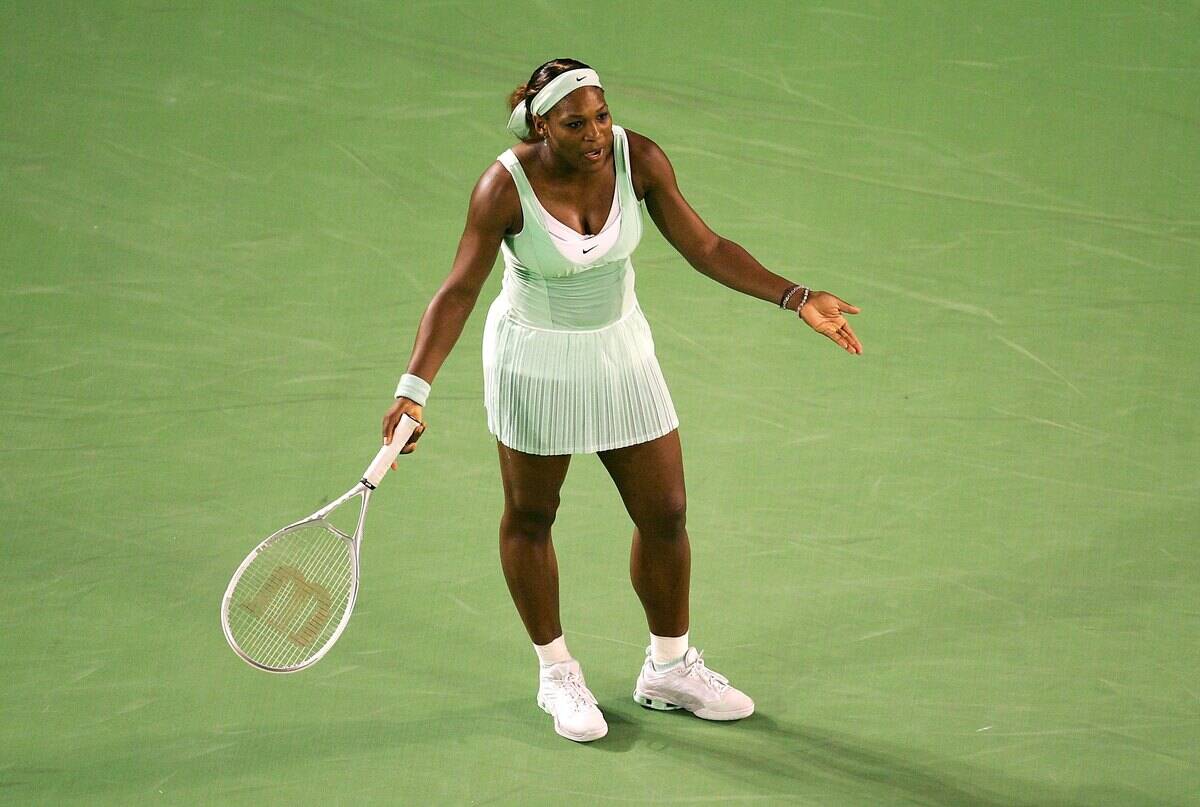
Depending on who you ask, Serena Williams is either the best female tennis player of all time, or at least belongs in the conversation — and indeed, her 23 Grand Slam singles titles attest to her dominance on the court.
Still, throughout her career, Williams often found herself at the center of controversy for her heated outbursts on the court. She was penalized for multiple code violations at the 2018 U.S. Open Finals for her arguments with officials, a move that prompted her to accuse the umpire of sexism.
Hope Solo (Soccer)
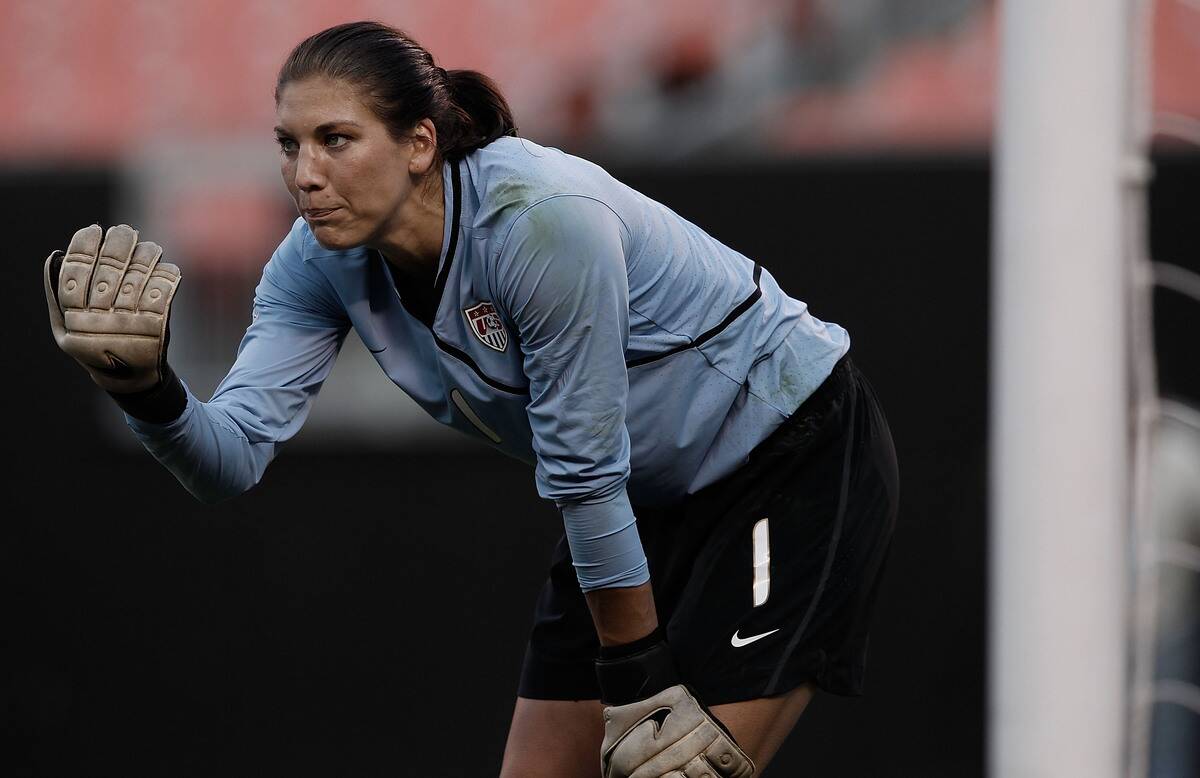
Hope Solo was a mainstay on the U.S. National Women’s Soccer Team for years, leading the team to two Olympic gold medals and a World Cup victory. While her on-field accolades can’t be denied, Solo has often made headlines off the field, for all the wrong reasons.
In 2014, she was arrested and charged with domestic violence after allegedly assaulting her half-sister and nephew, though the charge was later dismissed on procedural grounds. She was later suspended by U.S. Soccer after calling the Swedish team “a bunch of cowards.”
Caster Semenya (Track & Field)
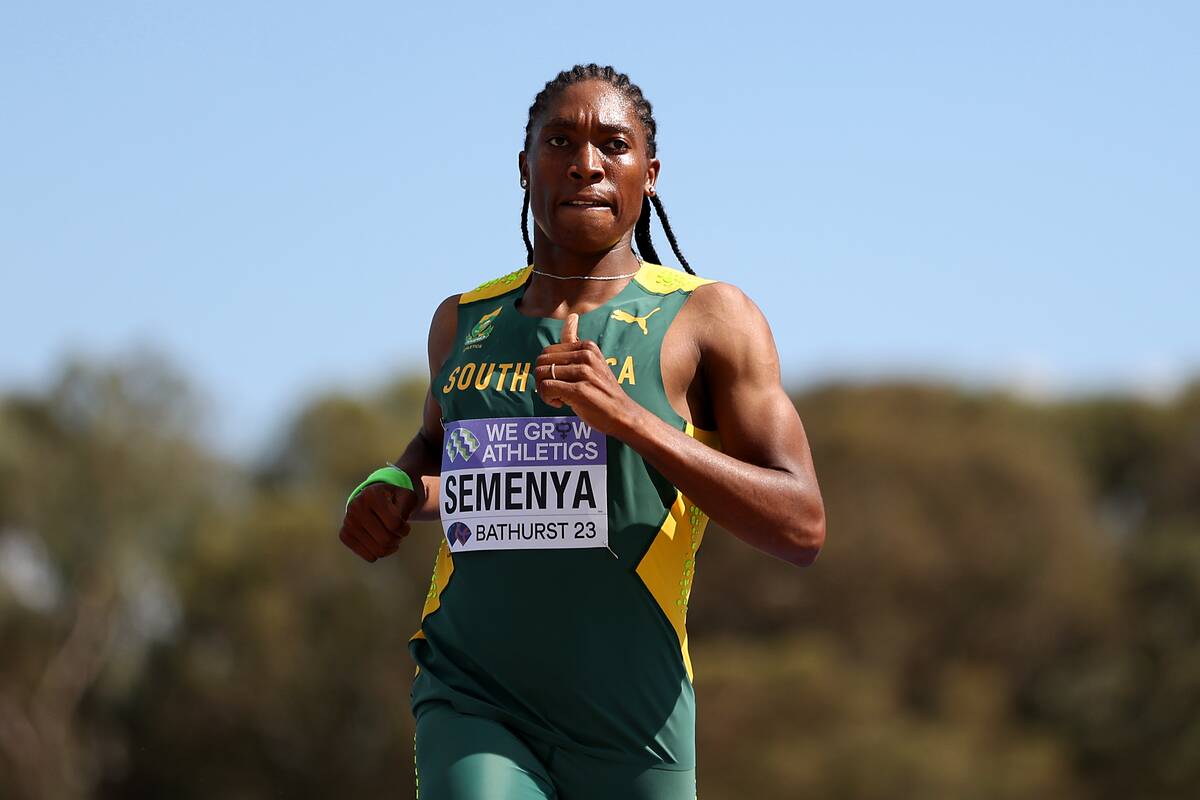
South African middle-distance runner Caster Semenya first gained international attention after winning gold in the 800 meters at the 2009 World Championships. Almost immediately, her physique triggered scrutiny and questions about her biological sex.
Tests revealed that Semenya had naturally high testosterone levels, prompting World Athletics to institute controversial rules that required athletes like Semenya to medically reduce their testosterone levels. A legal battle ensued, and the debate around her case continues.
Ronda Rousey (MMA/Wrestling)
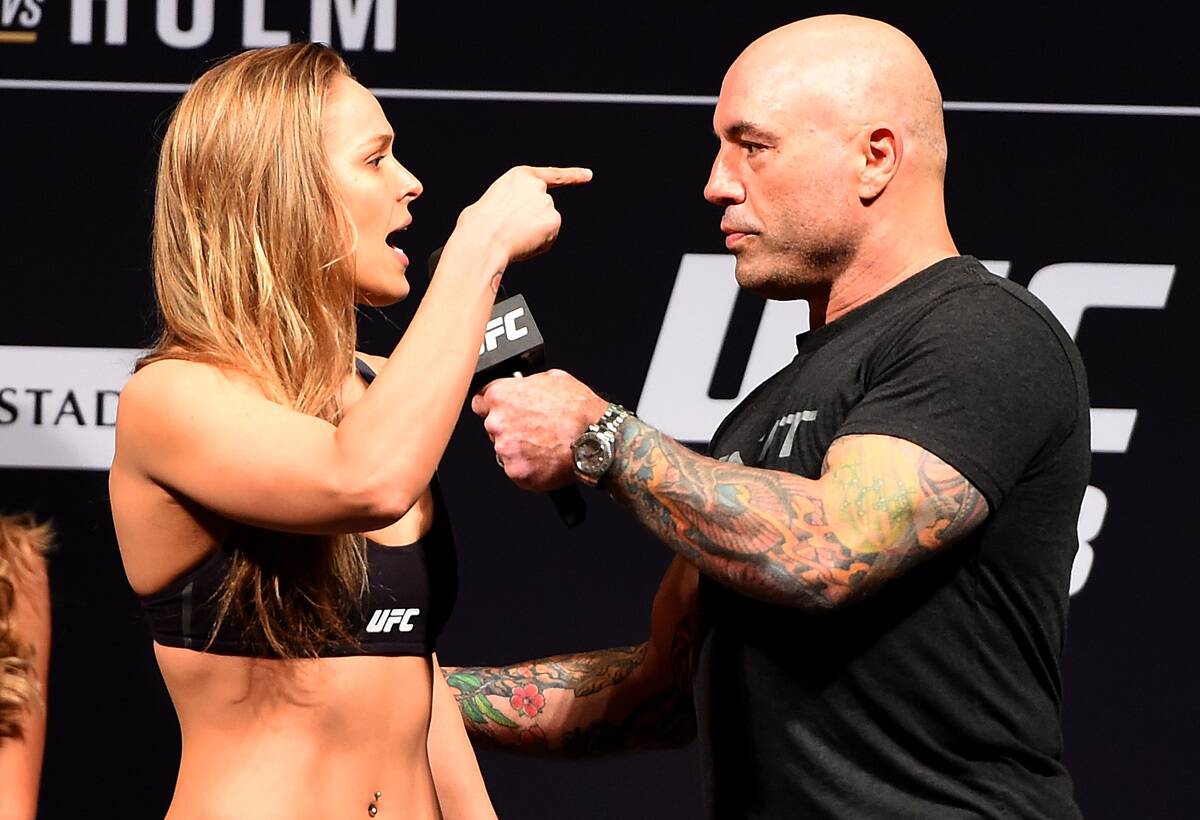
While mixed martial arts exploded in popularity in the 2000s, this was mostly limited to male competitors. Ronda Rousey changed all this when she became the UFC’s first female champion and a global icon in the early 2010s.
Rousey’s brash nature made her popular, but it also made her controversial, as she engaged in trash-talking and refused to touch gloves with her opponents. Eventually, her mystique crumbled when she suffered back-to-back losses to Holly Holm and Amanda Nunes. She later transitioned to professional wrestling with WWE.
Tonya Harding (Figure Skating)
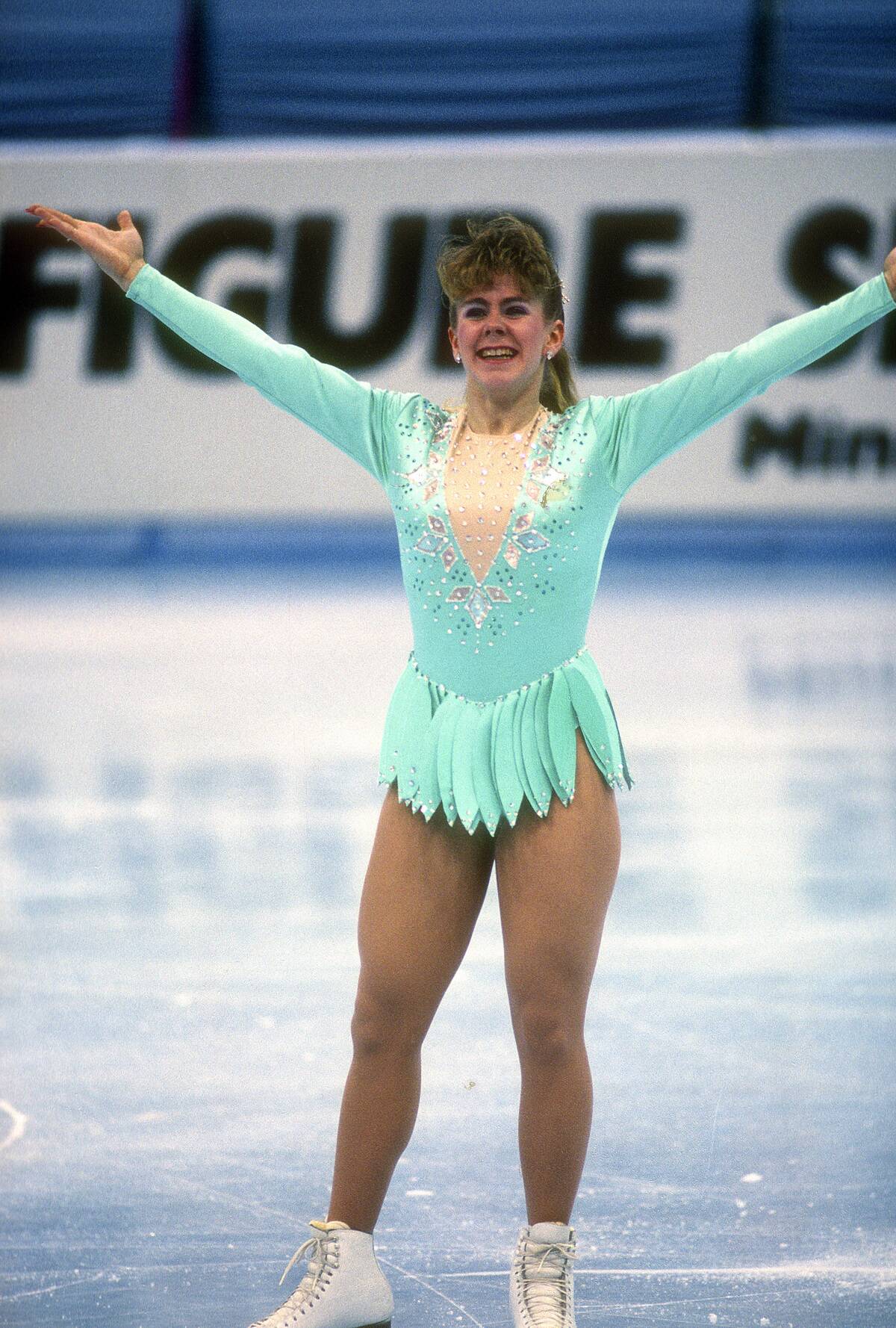
Figure skating has seen its share of drama over the years, but nothing will match the controversy surrounding American figure skater Tonya Harding before the 1994 Winter Olympics. Harding was a skilled skater who had a fierce rivalry with Nancy Kerrigan — one that would soon erupt in violence.
Harding’s ex-husband Jeff Gilooly, along with her bodyguard, conspired to attack Kerrigan with a baton to her knee just before the U.S. Nationals event. Harding denied direct involvement, though she later pleaded guilty to hindering prosecution and was banned for life by the U.S. Figure Skating Association.
Sha’Carri Richardson (Track & Field)
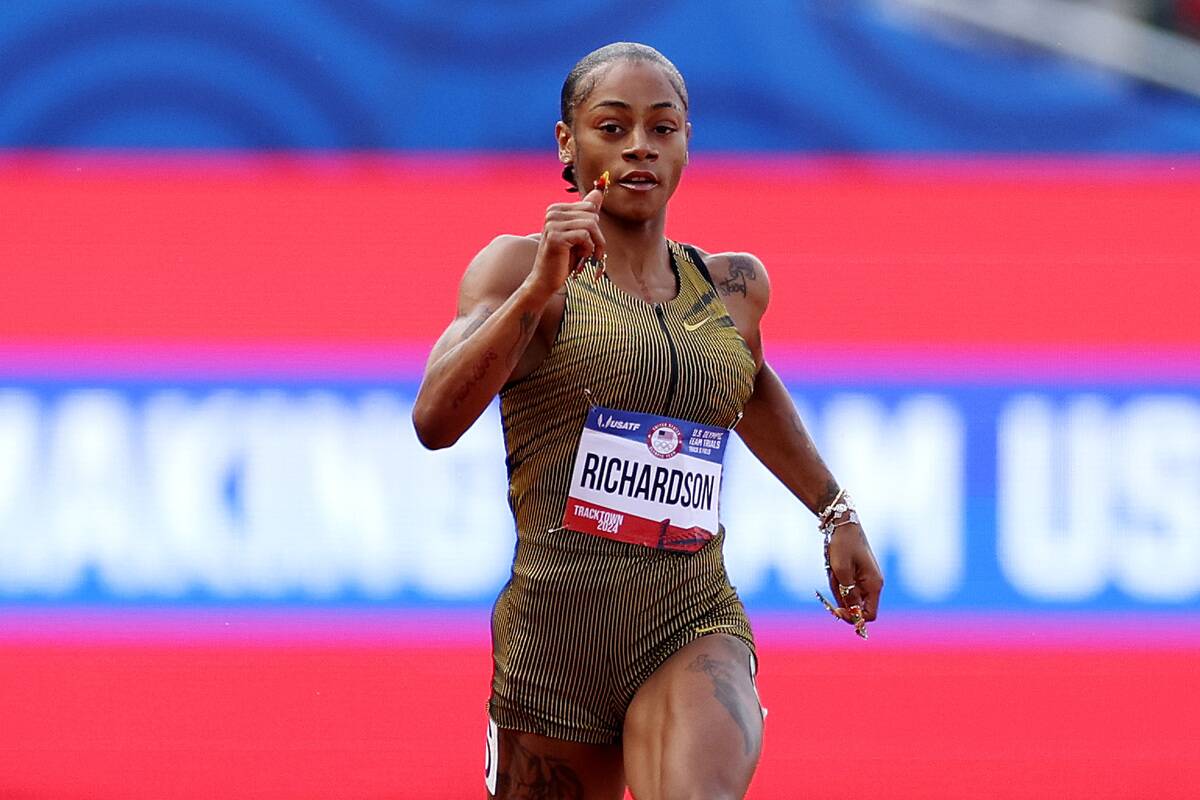
Richardson pulled off a major accomplishment when she won the 2021 U.S. Olympic Trials in the 100 meters, and just days later everything came crashing down when she was suspended after testing positive for cannabis — a substance that is not performance-enhancing, but remains banned by the World Anti-Doping Agency.
The suspension kept Richardson from competing in the Tokyo Olympics, triggering a wider conversation about banned substances. Outside the suspension, Richardson’s outspoken social media presence has made her a polarizing figure.
Maria Sharapova (Tennis)
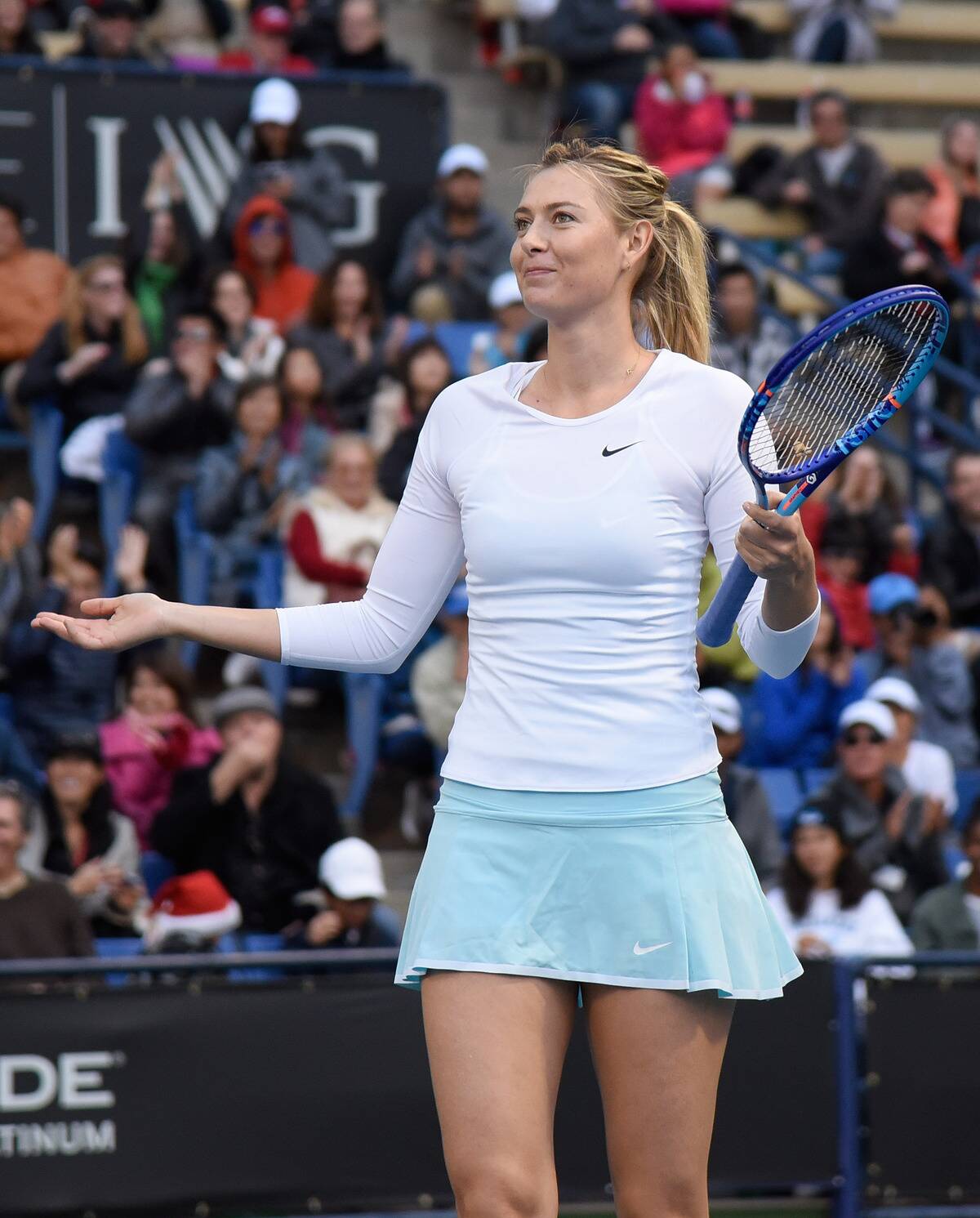
Russian tennis star and five-time Grand Slam champion Maria Sharapova had a relatively untarnished image for most of her career. But in 2016, she tested positive for meldonium, a substance that had recently been banned.
Sharapova, for her part, said she’d been taking it for medical reasons for years. She was handed a 15-month suspension for the violation. On her return, she was awarded wildcard entries into major tournaments, based on her fame rather than her recent performance. This decision stirred resentment from fellow players who felt that her position had not been fairly earned.
Brittney Griner (Basketball)
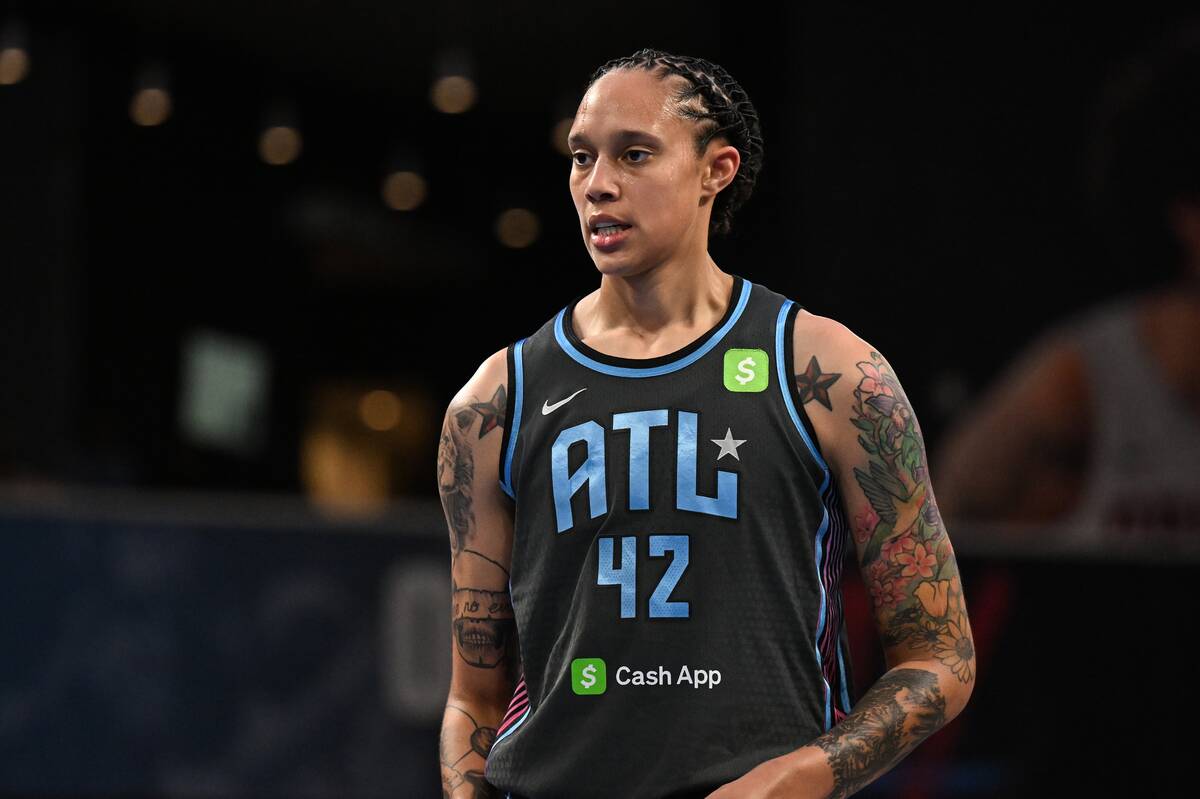
Brittney Griner is a dominant force in women’s basketball, competing in the WNBA as well as the Russian pro league. It was in Russia that she became the center of a global controversy.
Griner was detained by Russian police for carrying cannabis oil in her luggage. Though this substance is legal in much of the U.S., it’s highly illegal in Russia. She was sentenced to nine years in a Russian penal colony. After nearly ten months in custody, she was released in a highly publicized prisoner swap for Russian arms dealer Vikton Bout.
Michelle Smith (Swimming)
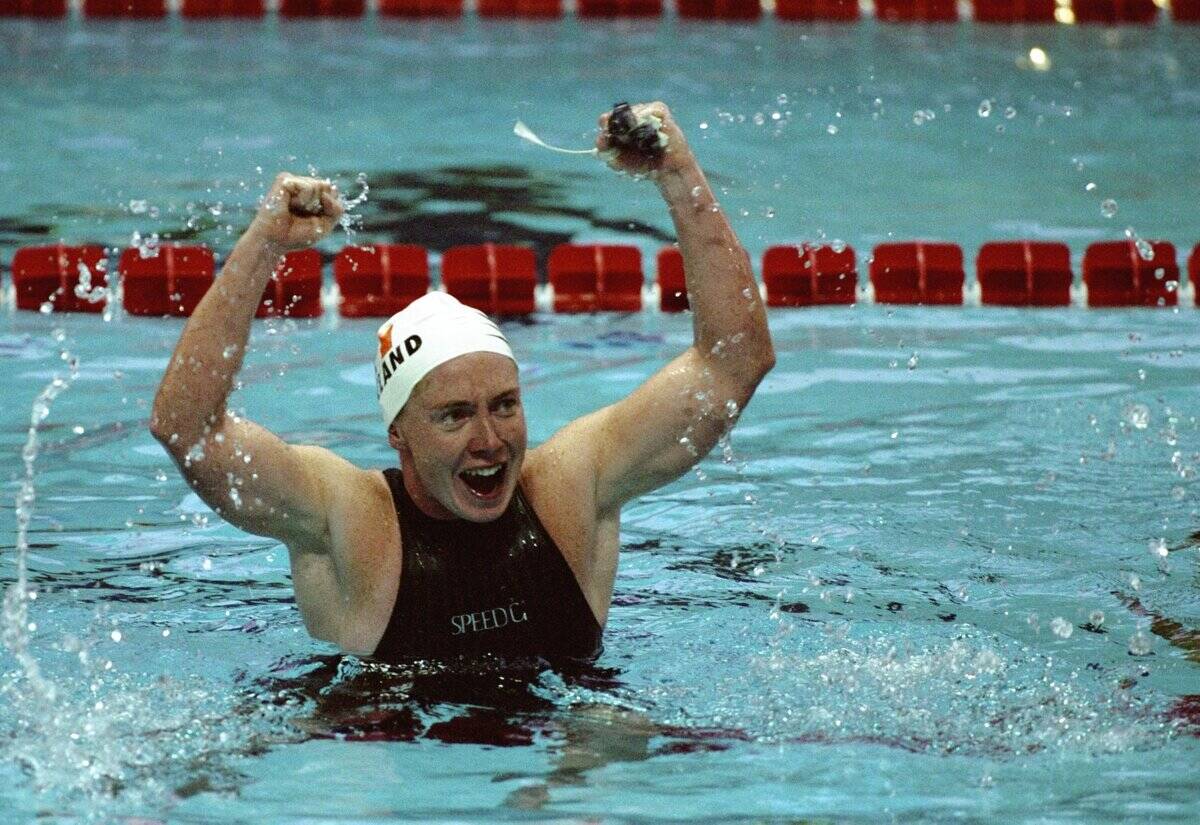
Swimmer Michelle Smith, Ireland’s most decorated Olympic athlete, saw her career come crashing down after she was banned for four years for tampering with a urine sample.
Investigators said Smith’s sample smelled of whiskey and contained an unusually high level of alcohol, along with other evidence of tampering. While Smith was never stripped of her four Olympic medals and maintains her innocence to this day, her name remains synonymous with one of the most notorious doping scandals ever to hit the world of women’s swimming.
Diana Taurasi (Basketball)
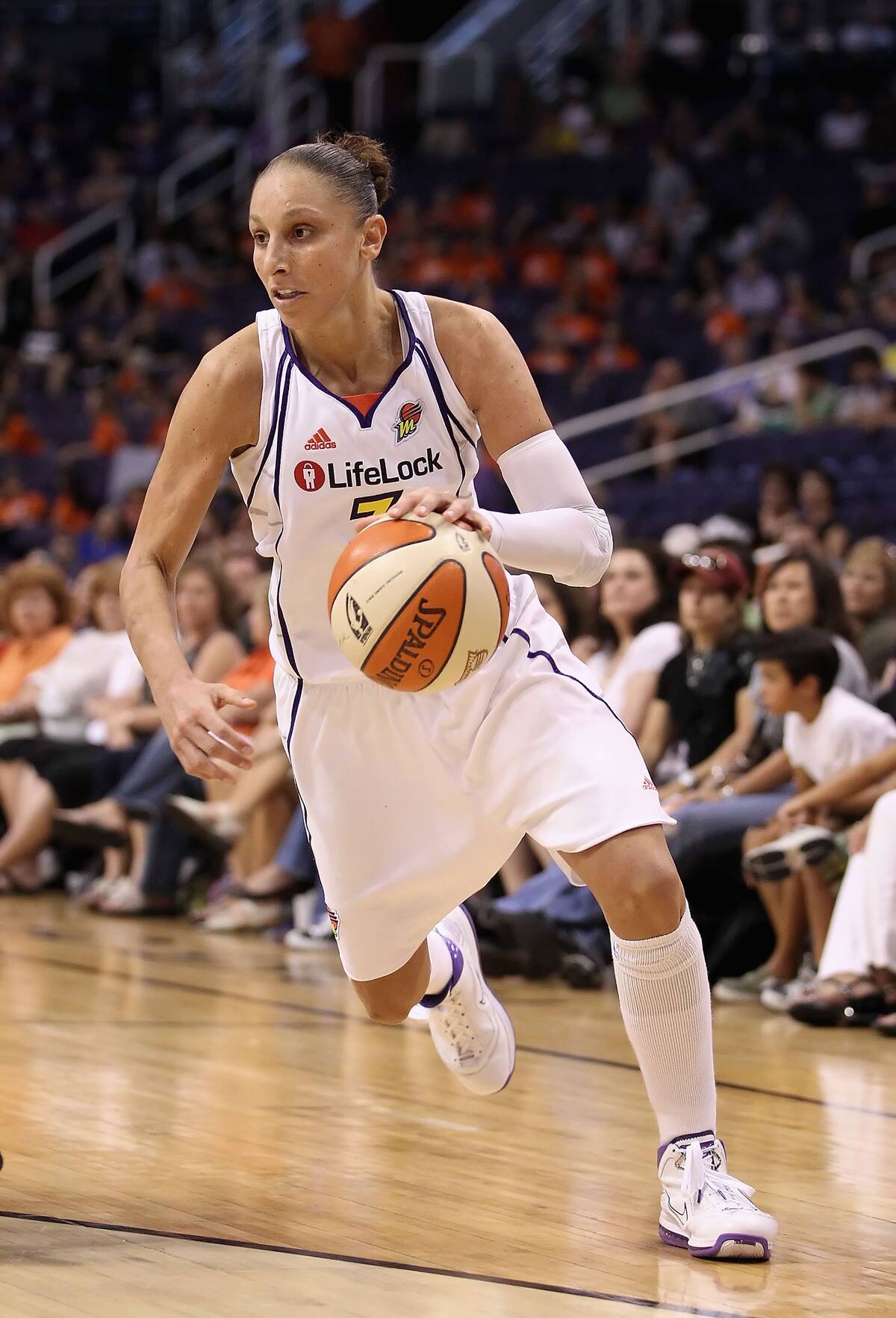
Diana Taurasi is one of the most decorated women’s basketball players in history, and all along the way, her fiery demeanor and no-nonsense attitude has attracted criticism.
On the court, Taurasi was frequently ejected for clashes with referees, while off the court she was criticized for a 2009 DUI arrest. While her critics have attacked her for the perception that she’s unsportsmanlike and overly competitive, supporters say her competitive nature is similar to NBA legends like Kobe Bryant and Michael Jordan.
Laila Ali (Boxing)

Laila Ali, the daughter of boxing legend Muhammad Ali, had an impressive career boxing record of 24-0. This undefeated career record appears to be quite impressive, but detractors say that Ali only achieved this by avoiding the toughest opponents of her era — notably Ann Wolf.
While Ali helped to bring visibility to women’s boxing, it could easily be argued that she and her promoters carefully stage-managed her career in order to make Ali — and not women’s boxing — the star attraction.
Alizé Cornet (Tennis)

French tennis star Alizé Cornet has been a mainstay on the WTA Tour for years, and is known for her emotional displays and fiery spirit. During the 2018 U.S. Open, she noticed her shirt was on backward and briefly removed it — a decision that earned her an on-court penalty and off-court condemnation.
It was yet another incident that highlighted the gender divide in the tennis world, as many commentators noted that male tennis players often remove and change shirts with no penalty.
Sun Wen (Soccer)
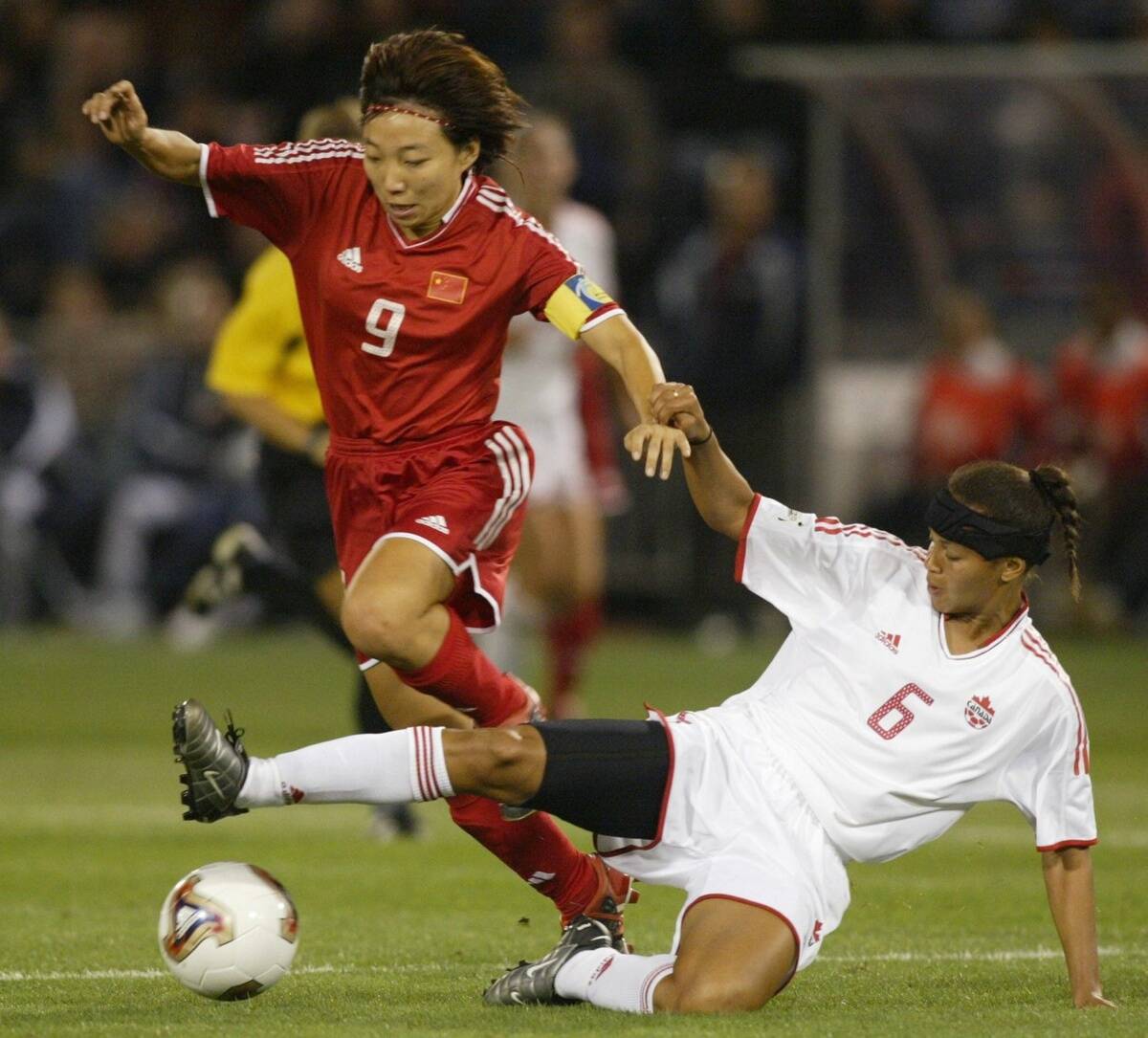
Chinese soccer legend Sun Wen was the co-winner of the FIFA Female Player of the Century award and was one of the most dominant forces in the women’s game throughout the 1990s.
While she herself is not controversial, her career became associated with political and systemic controversies tied to Chinese sports. Allegations about harsh state-enforced training regimes and restricted personal freedoms for Chinese athletes sparked debate, and Wen — as one of China’s most prominent athletes — became a lightning rod for controversy.
Simone Biles (Gymnastics)
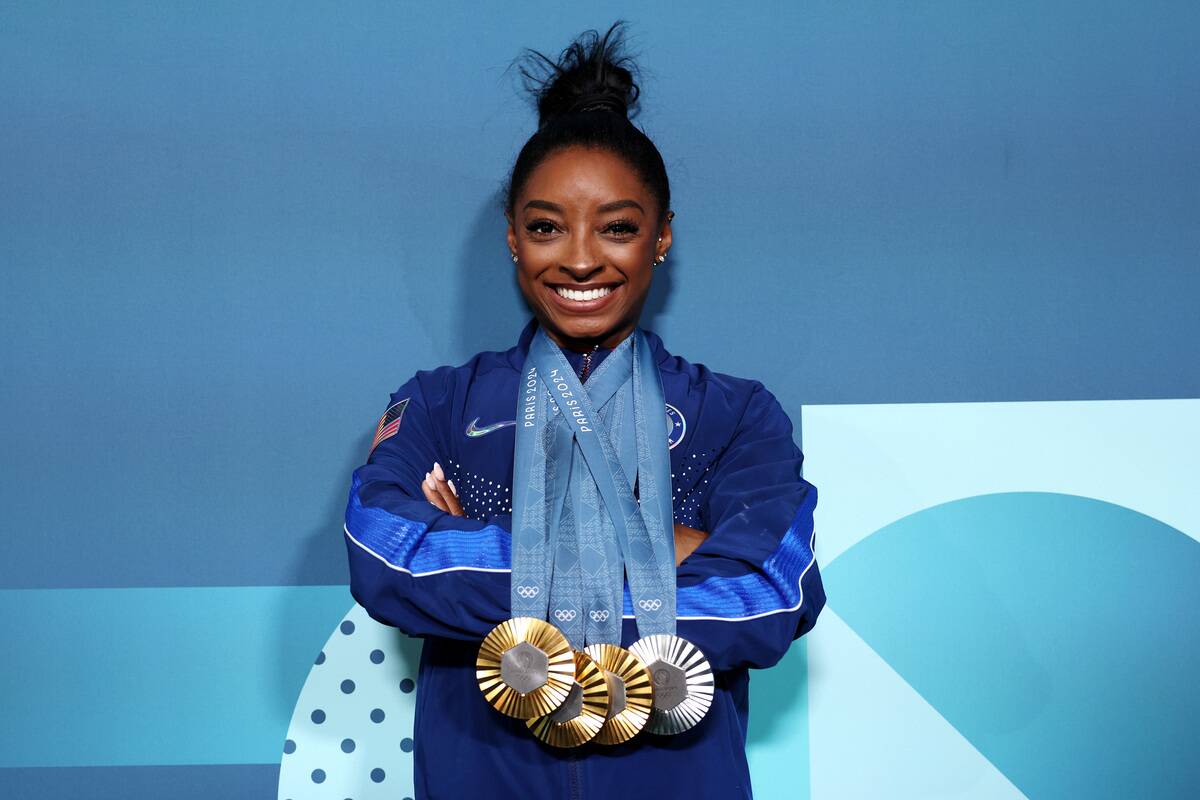
Biles is one of the most decorated gymnasts in history and was expected to continue her dominance during the 2021 Tokyo Olympics. However, she unexpectedly pulled out of multiple events for mental health reasons — a decision that attracted praise and criticism in equal measures.
In addition to her outspokenness surrounding her own mental health, Biles has also been vocal about the abuse that she and others endured at the hands of disgraced USA Gymnastics doctor Larry Nassar.
Yulia Efimova (Swimming)
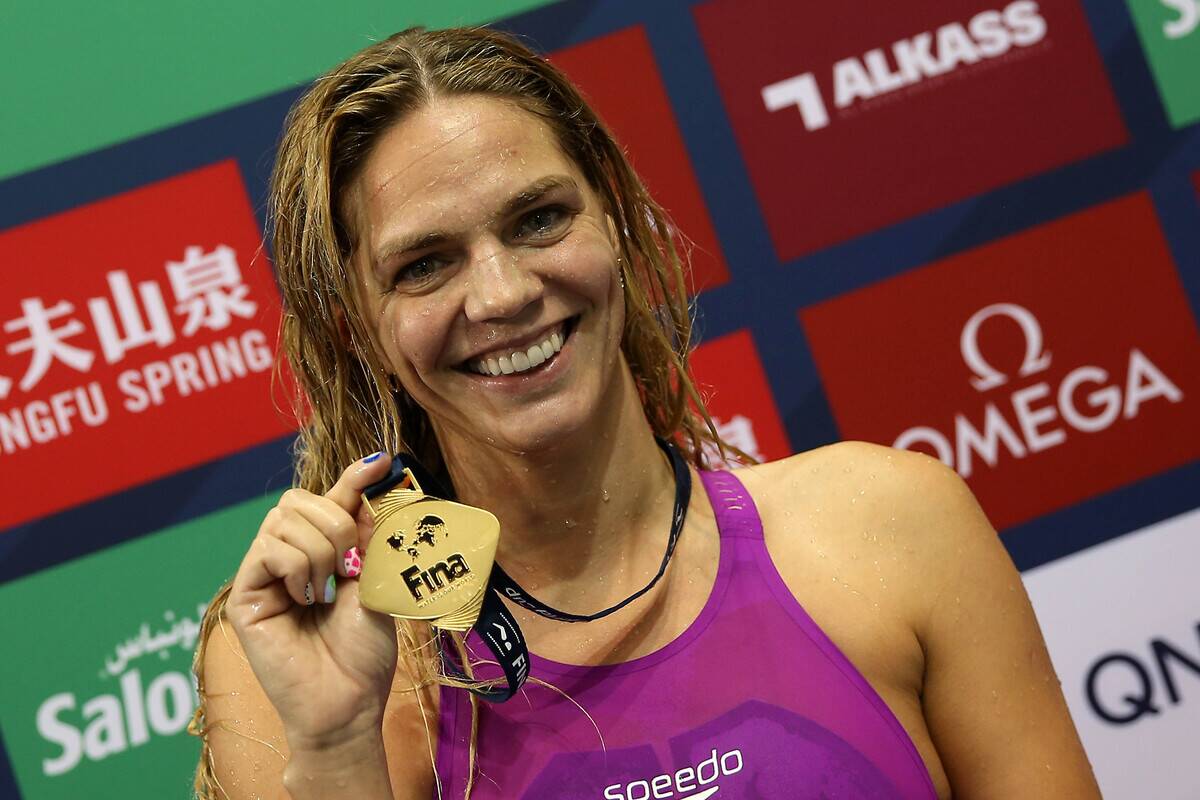
Russian breaststroker Yulia Efimova has seen her career clouded time and time again by repeated doping controversies. She was first suspended in 2014 after testing positive for a banned steroid, and failed another drug test in 2016 for meldonium (the same substance linked to Maria Sharapova).
While she was cleared to compete in the 2016 Rio Olympics, she was shunned by her fellow competitors. Most notably, American swimmer Lilly King wagged her finger at Efimova in disapproval during a semifinal heat.



